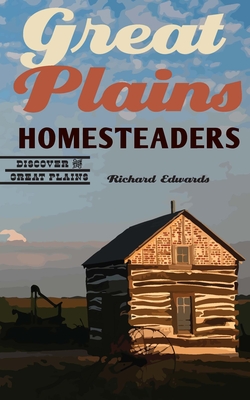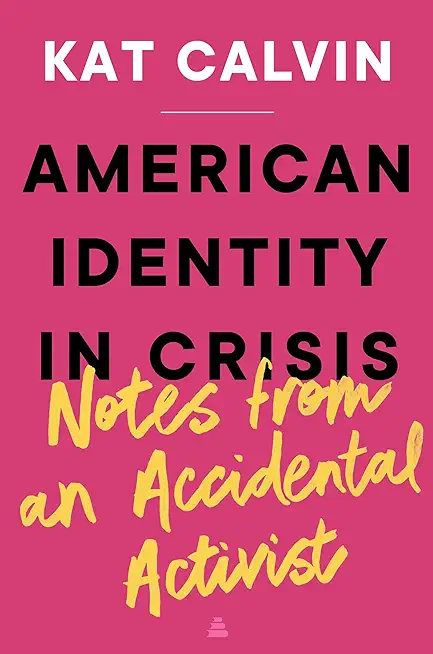
description
ls the epic story of how millions of people, white and Black, women and men, young and old, and of many different religions, languages, and ethnic groups, moved to the Great Plains to claim land. Most were poor, so the government's offer of "free" farms through the Homestead Act of 1862 seemed a godsend. The settlers found harsh growing conditions and many perils--including exploitation by railroads and banks, droughts, prairie fires, and bitter winters--yet they persisted. The settlers successfully "proved up" nearly a million claims between the 1860s and the 1920s. They filled up the immense grassland, transforming it into productive farms, the beginning of the region's agriculture. They also created a distinct culture that continues to shape their estimated fifty million descendants living today. Every homesteader's experience was different, as particular and distinct as the people were themselves. Yet their collective story, with all its hardships and toil, its ambitions and setbacks, its fresh starts and failures and successes, is central to the American experience.
member goods
No member items were found under this heading.
Return Policy
All sales are final
Shipping
No special shipping considerations available.
Shipping fees determined at checkout.







